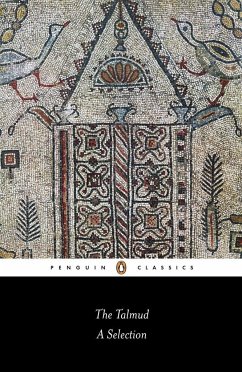
Alimony in Judaism
Versandkostenfrei!
Versandfertig in 6-10 Tagen
26,99 €
inkl. MwSt.

PAYBACK Punkte
13 °P sammeln!
High Quality Content by WIKIPEDIA articles! Alimony in Judaism is a right written into most Jewish marriage contracts (Hebrew:ketubah); the alimony itself is often referred to as the ketubah, in consequence of this. In Judaism, the same alimony regulations applied to a woman if she had been widowed, rather than being divorced, and the same alimony was given to the woman in either situation. Originally, the alimony payment was set aside at the start of the marriage, and deposited with the bride's father. It later became more fashionable for the amount to be converted into an expensive household...
High Quality Content by WIKIPEDIA articles! Alimony in Judaism is a right written into most Jewish marriage contracts (Hebrew:ketubah); the alimony itself is often referred to as the ketubah, in consequence of this. In Judaism, the same alimony regulations applied to a woman if she had been widowed, rather than being divorced, and the same alimony was given to the woman in either situation. Originally, the alimony payment was set aside at the start of the marriage, and deposited with the bride's father. It later became more fashionable for the amount to be converted into an expensive household utensil, and given to the wife for the duration of the marriage; for example, the payment could be made by means of silver coinage, which might then be melted into a solid silver rolling pin. Eventually, the Pharisees regarded this fashion as unsatisfactory, so Simeon ben Shetah argued that the alimony payment shouldn't be set aside during the marriage, but instead should be regarded as a lien to the husband, granted by the wife.












